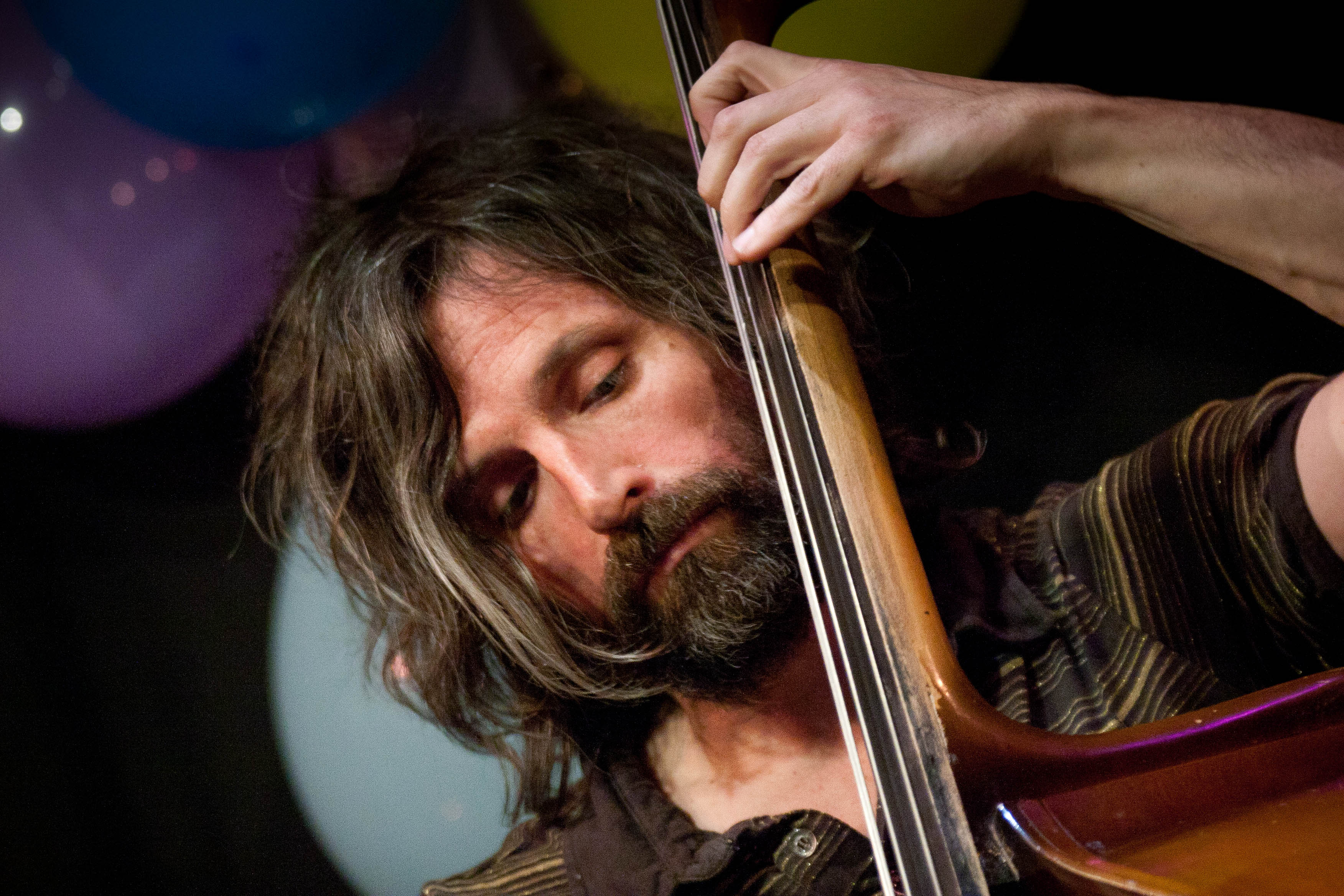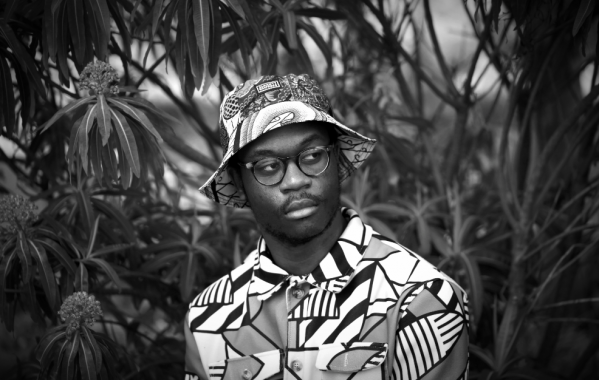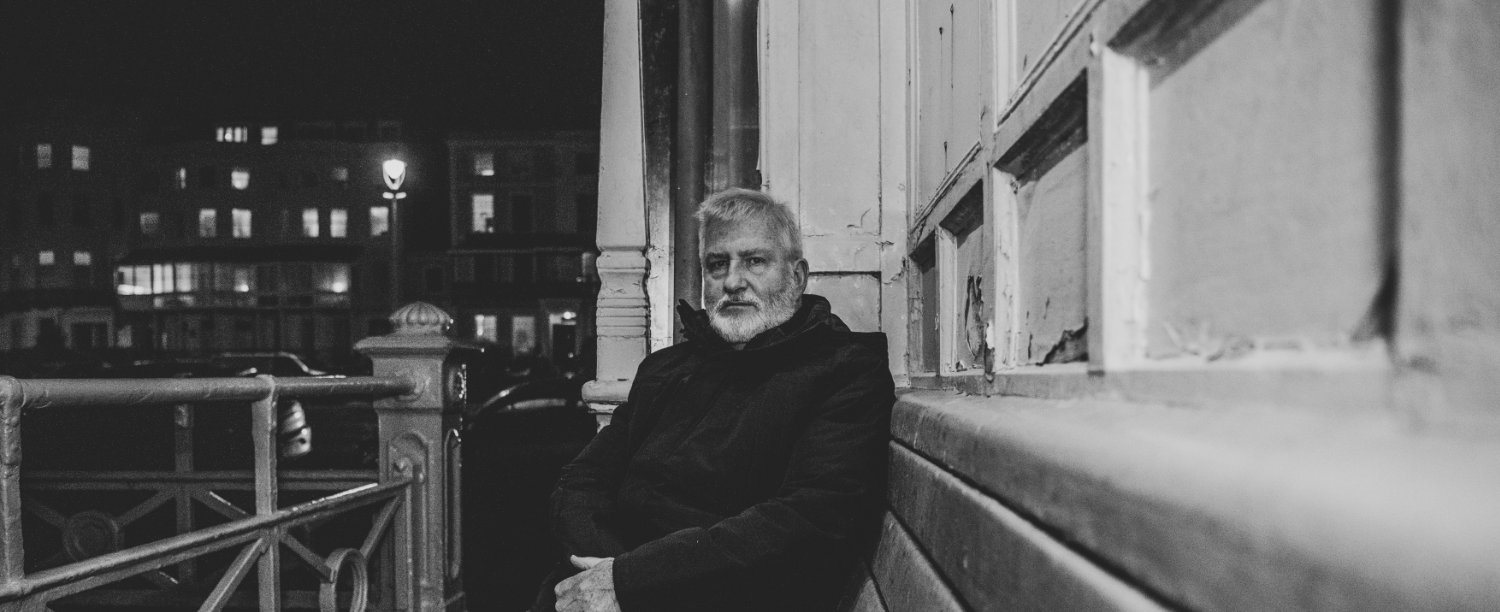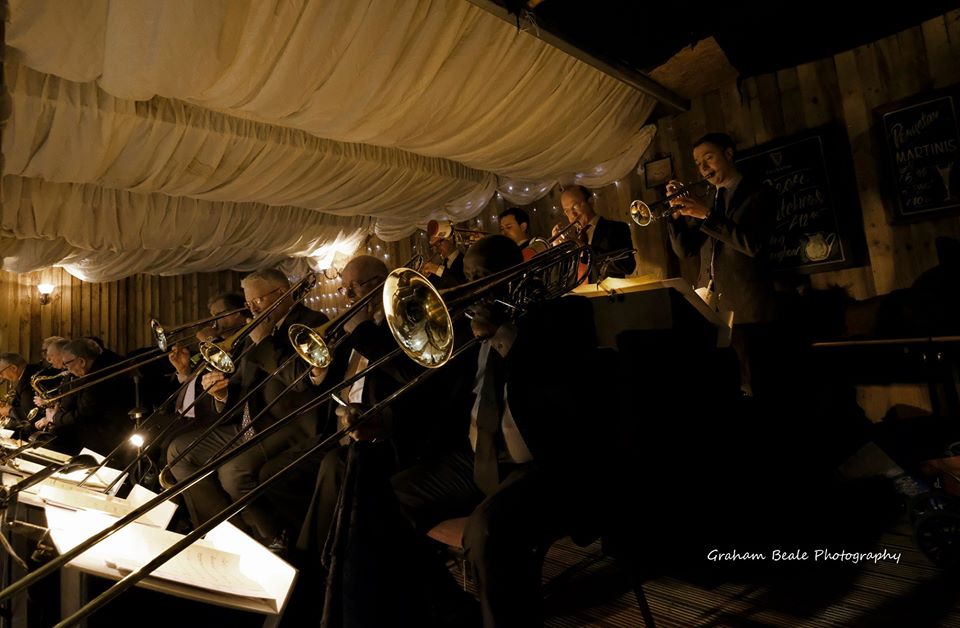The Column: Eddie Myer – Variety is the Spice of Life

As January recedes into the chilly mists, we can warm ourselves with the memory of another triumphant South Coast Jazz Festival. Unfortunately an unforeseen host of pressing prior commitments prevented me from attending all but one of the gigs, events, panels and workshops on offer, and I must refer you to my esteemed colleague and fearless editor Mr Charlie Anderson for his report elsewhere in this issue. However I was able to keep up with things from a distance and it was great to hear reports coming in of another gig sold out and another workshop packed with attendees. The one-off Brotherhood Of Breath reunion in particular seems set to enter into legend, and is an example of the way that festivals of this sort can take a lead in commissioning events that regular promoters cannot, and thus serve to both preserve, curate and propagate the tradition.
This month sees the return of New Generation Jazz, with Alexandra Ridout as the first in another year-long series of workshops and gigs by young up-and-coming jazz artists, aimed at connecting those artists with existing audiences, and with bringing in new audiences from the younger demographic. Alexandra, of course, was featured with Clark Tracey’s band at South Coast Jazz, helping to bridge both projects as well as the musical generations herself. The New Generation team – which includes myself – were delighted to be able to assist in a small way at South Coast Jazz by lending some promotional weight to their show featuring the mercurial young pianist Elliot Galvin alongside students from Brighton’s BIMM music college. Galvin is just the kind of artist we support, and it made perfect sense to move the gig into the town-centre location of The Walrus on Ship Street – an intimate basement bar that has potential to develop as a sympathetic jazz venue. This is the one event that I was personally able to attend, and I was struck by how well the potentially unlikely mix of young singer-songwriters and wide-ranging piano trio improv actually worked. This column has often returned to the issue of how jazz takes its place in the wider fields of Art with a capital ‘A’ and Showbiz. There’s a viewpoint that its values are so endemically specific that it can only thrive in a specially created artistic habitat, and while there’s a truth in this, it can also result in jazz becoming segregated into its own discrete ghetto. Yet even the most senior of jazz listeners will now have grown up in the rock and roll era, and most of us will have arrived at jazz via a progression of different musical forms – why can’t gig billings reflect this? In the late 60s and early 70s, Miles Davis, Charles Lloyd, and John McLaughlin toured with rock bands in the freewheeling spirit of the times – is jazz so fragile that it can’t flourish alongside other genres and compete with them on its own terms? In addition, the term ‘jazz’ now encompasses many widely divergent forms of musical self-expression, and it seems incongruous that a contemporary piano trio should be seen as incompatible with a singer-songwriter, but yet suitably matched with a thunderously swinging big band, just because both are filed under ‘jazz’ in the record store. It’s an ongoing debate and plaudits are due to the South Coast team for working to bridge the genre gap while simultaneously working diligently to uphold the tradition that provides their core.
Speaking of audiences, a lively debate ensued on Facebook after musician Joe Caddy posted a series of questions about the future of live jazz, which seemed to point an accusing finger at promoters for allowing the scene to decline, and for failing to support musicians adequately by paying them commensurate with their ability. A considered reply came from Birmingham Jazz’s Brian Homer, which i make no apology for quoting at length..
“most of the scene is maintained by enthusiastic musicians or non-musicians in mainly smaller clubs/venues and festivals. And much of the time these things lose money on the night/weekend etc. So to keep things going people dig into their own pockets or raise some sponsorship or arts funding or whatever and generally spend a lot of time and effort mostly for no pay at all. Of course musicians deserve proper payment but let’s not forget the much of the scene is kept going by a motley crew across the country. The issues are complex and why some gigs do better than others is a mystery to many of us but I don’t think poor promotion is the major factor. Of course many promoters are amateur in the sense they don’t get paid but we do take it seriously and worry about getting the message out and how best to do it. Here’s some thoughts: 1. Audiences are fickle or maybe it’s just they have lots of other things to do so only go to particular things. 2. Recent research indicates that dedicated “jazz fans” are perhaps not as numerous as we think or would like. 3. There are many, many too many Free to Enter gigs. It devalues the “market” or as ACE would have us say “the jazz ecology”. The argument is that (apart from those pub and restaurant gigs) FTE gigs “help get people into jazz.” Apart from a handful of people in my experience this is bollocks. People used to paying nothing for top quality jazz may get into jazz but they rarely want to pay a proper price for it. 4. We’ve had some surprising full houses recently but the reasons are diverse. Sometimes it’s because bands have a particular following or are playing music that attracts non-specifically jazz fans or because they are a particular draw to certain social groups. 5. “Jazz” has become a portmanteau word covering a vast range of music. I’m not sure how useful it is anymore. It’s too easy for some people to say “I don’t like jazz” while actually not realising that in the jazz firmament there is probably something they will like. 6. This leads on to how we describe the music. Badly most of the time. We rely too much on “in” terms (that’s both musicians and promoters) when most of the audience don’t get the terms. 7. I think the current jazz scene is very lively with lots of new music but one aspect that perhaps could help is that musicians seem to have got out of the habit of playing each others’ music. I’m not advocating trying to re-run the classic years but when music is written – played on a CD and on a tour then rarely played again I think we are missing an opportunity for audiences to get to know ‘new standards’.”
Much food for thought here, and we’ll be returning to these issues in subsequent columns. In the meantime, the more gigs we go to, the more gigs will get put on – it’s a simple, self-perpetuating mechanism, so keep coming out and supporting the scene!
Eddie Myer


